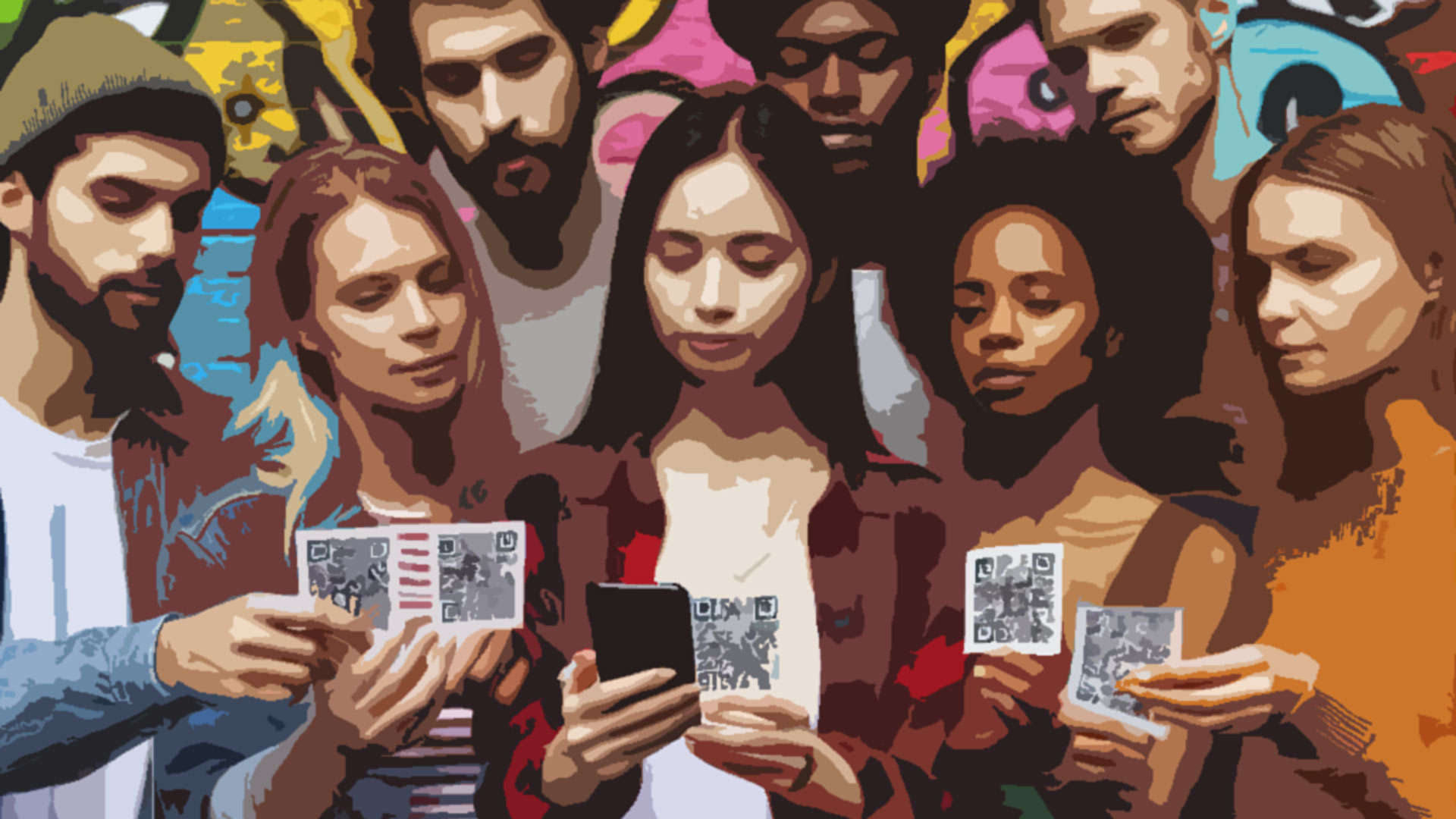

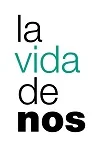
Underlying the barrage of political messages aimed at indoctrinating people —notes the psychologist and writer Manuel Llorens in this opinion piece— there is a country abounding in stories of anonymous lionhearted people. Citizens who, he says, will contribute to building a foundation for a better society.

All that noise and dissonant jarring have drowned out some of our essential registers. Those of us who are old enough to have lived the experience probably can’t forget that December 6, 2002, when a lunatic shot at a group of innocent people protesting in Plaza Altamira in one of the first encounters with the sheer horror that we would have to endure in the following years. Some may even recall the name of the gunman. Yet, only a few actually remember the man who grabbed him from behind and pinned him down, allowing others in the crowd to throw themselves on top of him to make sure he would not keep shooting. I never learned his name. Or perhaps it went unnoticed in the midst of terror, or the man preferred his identity not to be disclosed to protect himself. An anonymous man saved many a life.
I have not forgotten him. A brave man who made a heroic gesture that went unsung.
In my work in communities living in chronic violence, I have been told a myriad of similar stories. For example, a school principal in Los Valles del Tuy was tipped off that the little brother of a young man involved in a settling of scores was going to be executed by members of a rival gang at the school’s exit. The principal, who knew every single young men in the area, tried to talk some sense into them, to no avail. So he decided to wrap his arms around the boy on their way out, his own body as a human shield. “If you want to kill him, you will have to kill me too,” he said defiantly. He managed to take the boy to some distant relatives, saving him from harm. He asked them to get out of there.
That same afternoon he tendered his resignation. What he had to face on a daily basis had far exceeded his skills as a teacher. He left without any fuss or fanfare. No one wrote about his gesture.
Neither about genuine gestures that have been largely overshadowed by so many superhero costumes, so many proclamations, so many capes, so many war suits. Venezuela is full of such stories. Unwritten stories that have been smothered by the exhausting litany of political propaganda aimed at indoctrinating people.
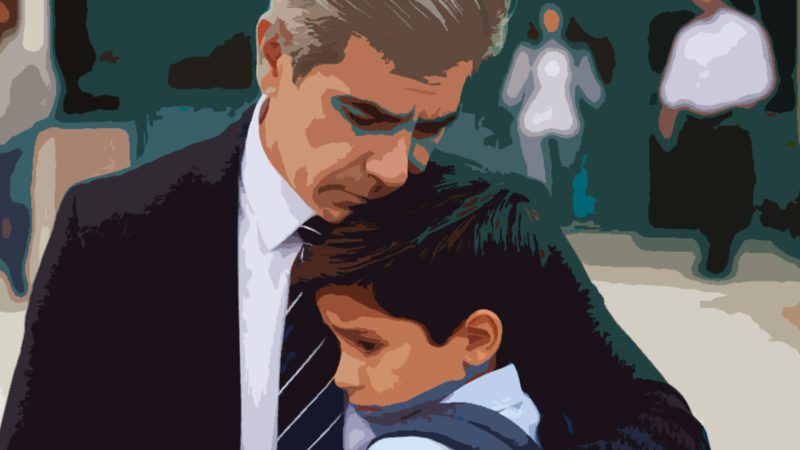
Apart from the results of the July elections and the fact that, against all odds, people turned out to vote, there are unique details that come to my mind: the clear instruction not to abandon the polling stations without the tally sheets; the live streaming of people reading the official paper results slips, which was recorded on hundreds of mobile phones around the country; and, of course, the very fact that the opposition managed to collect up to 82 percent of the physical evidence produced by the voting machines, in a massive coordination effort that is only possible when thousands of anonymous brave people take action despite being under constant threat from those who believe that governing means subduing. This Goliath was not hit on the forehead with a stone, nor by an object thrown with a slingshot, but by much more simple, enthusiastic, assertive gestures orchestrated by the citizens themselves. It was not the fierceness of a mercenary, but the disciplined formation of a flock of birds.
Also, as the days went by, we found out that our electoral Fuenteovejuna was possible thanks not only to the colossal organization of María Corina Machado and her team, but also to the collaboration of Chavismo polling station members who, abiding by the rules, insisted on and facilitated the delivery of the voting records to those concerned.
Within days, rumors began circulating that some of the tally sheets had been distributed by soldiers of Plan República and numerous Chavismo poll watchers. Some Chavismo sympathizers, while still believing in the so-called “Revolution”, had opted for dignity.
And also within days, La Vida de Nos, a site dedicated to telling the little stories of actively engaged citizens, fleshed out those accounts. Citizens forced into anonymity by state violence told journalists how they resisted orders from above to go against their principles, even if that meant confronting their own political allies. Loyalty to one’s values over loyalty to an identity.
El eslabón perdido [The Missing Link] was the name of one of those stories.
Obviously under a made up name, Karla —a hardcore Chavista who is a spokeswoman for one of the Units of Battle Hugo Chávez and a former graduate of the Mission Ribas education program— says she had enough when she saw the rules of the game being changed on the spot as people involved in the process refused to hand over the tally sheets of the polling station where she worked as a watcher. “I am Chavista, but I am no cheater”, she affirmed. That phrase is a powerful symbol and a real breath of fresh air in a suffocating climate. It speaks of the possibility of a country.
Maybe that is why it became the story with the most views on the account of La Vida de Nos on X. In the span of twenty-nine hours, it had been read by 150,600 people. Comments to the story included the relief of finding a political rival who dared to defend the truth, and the need for a space where citizens who do not share the same political ideas but who have dignity among their values can meet, willing to coexist under fair rules, which alludes to the possibility of re-humanizing the other.
It should be noted that the three accounts in that story have women as protagonists, as does the current political moment.
Let us look at one of the aspects of that fact.
The government is intent on imposing itself by force. At this point, it is apparent that its power is propped up by the weapons it has set up to crack down on whoever dares to dispute it the control of the country. This is a government that will not build bridges or roads, but trenches around Miraflores.
Talleyrand, noting that Napoleon —accustomed to military success and to exercising authority through the use of force— was increasingly losing his sense of reality, uttered his famous phrase: “You can do many things with bayonets except seat on them.”
A little more subtly, the philosopher Simone Weil characterized Greek tragedy as the wise reflection of people faced with the limits of force. “In the world of Achilles, in the world of the strong, there is no room for thought; one acts blindly, without stopping at the randomness that is the sign of that force, without becoming aware of the enslaving nature of its weight and of the dangerousness of its reach,” writes the editor in the introduction to the Spanish Gravity and Grace edition. The greatness of Greek culture, where the idea of democracy was born, lies precisely in identifying the tragic limits of the resort to force. Societies that are organized under the principle of the use of force, Weil warns, inevitably end up by destroying themselves. In the face of authoritarian logic, sustained on militaristic ethics whose guiding principle is the use of force, citizens have resorted to “taking care of the votes.” The ethics of care is the ethics that stems from a feminine perspective of social organization that no longer seeks to sustain itself by forcibly imposing its ways on others, but by acknowledging that we are all vulnerable; one that is prone to agreement; one that respects the law and the rule of law; one that resolves conflicts with an attentive eye to people’s needs. Judith Butler, another contemporary philosopher, calls it the “consciousness of precariousness.”
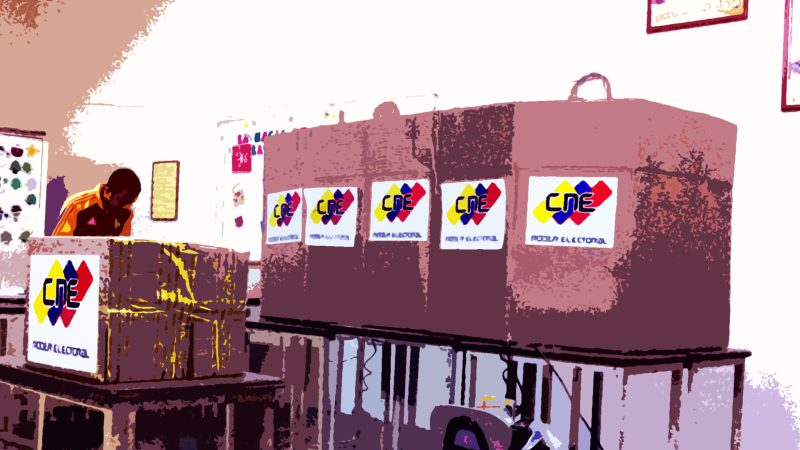
I find it highly relevant that María Corina Machado has called the notorious gang leaders or pranes that control the prisons where people arrested for protesting have been taken to “take care of our kids.” Hers is the motherly voice that does not invite others to confront those who exercise criminal violence, but to remember that power can be used to care.
The citizens that take care of the votes do not confront military troops in the streets and leave the government shadowboxing, fighting ghosts, and accusing those who collect the printed results slips of being terrorists. Ours is the empire of reason, of mathematics, not of weapons.
Javier Cercas, in The Anatomy of a Moment, his historical novel about the Spanish transition to democracy, returns to the notion of the German author Hans Enzenberg of the heroes of retreat, that is, those capable of relinquishing the absolutes in order to build spaces for cooperation and progressive reconstruction; those capable of stepping aside to allow the future to arrive.
The utopian vision of Chavismo proved unsuccessful in every aspect: in its failure to deliver to the promise of vindication and care for the poorest; in the epic surrounding its being the leaders of an international movement; in the grandiloquent proclamations of pharaonic constructions, gas pipelines, trains, social programs, etc.
The military medals hang meaninglessly in front of troops that have not fought real wars but have waged unequal confrontations with young students who threw stones at them in the past and now only raise posters and signs. Force is laid bare as, never better said, “brute force.”
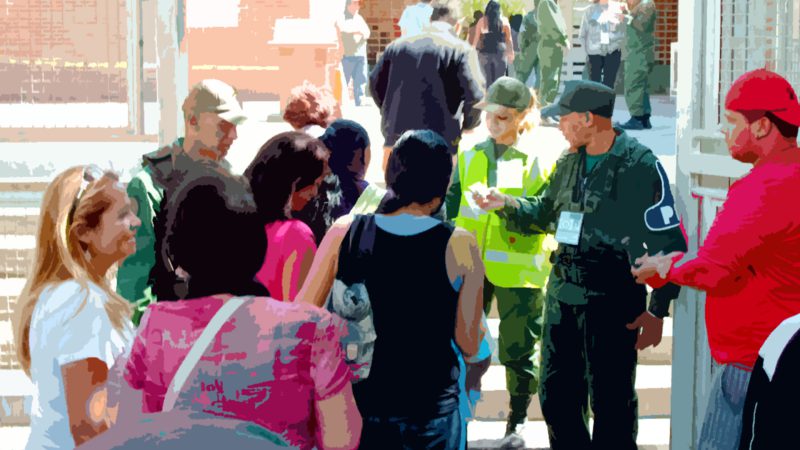
Over the years, I lost respect for superheroes, for those who highly praise the ones with extraordinary powers, for the bully. I am much more interested in the survivors, meaning those who, with limited resources, find a way and come up with a glimmer of a world for themselves in spite of adversity. In those who aspire to a simple but coherent life. Not in those who are desperate for the spotlight, but in those who are willing to step forward when circumstances so demand. These are moms, dads, teachers, doctors, artists, lawyers, and entrepreneurs who are committed to fulfilling their vocation. I know many. They are the future of a cultural horizon beyond the shadow of the military statues.
That is why I have been soothed in recent weeks by the wise words of the American writer Toni Morrison, a survivor of racist violence herself, in a 2001 interview:
“Sometimes, you do not survive whole, you just survive in part. But the grandeur of life is that attempt. It is not about that solution. It is about being as fearless as one can, and behaving as beautifully as one can, under completely impossible circumstances. Good is much more interesting, more complex, more demanding. Evil is silly. It may be horrible, but, at the same time, it is not a compelling idea. It is predictable. It needs a tuxedo. It needs a headline. It needs blood. It needs fingernails. It needs all that costume. But the opposite, which is survival, blossoming, endurance, those things are more compelling. It is a much more fascinating job.”
In the midst of horror, taking care of the votes, taking care of each other, involves as subtle, anonymous, quite display of heroism, which will eventually help us build a better society once the logic of authoritarian force, sooner or later, shall have completed its inexorable cycle.
This story was translated by Yazmine Livinalli.
8945 readings
Psicólogo de futbolistas y de venezolanos regados por el mundo. Apasionado por los sobrevivientes, los que insisten. Entre mis libros están "Terapia para el Emperador: crónicas de la psicología del fútbol" (2012), "La Belleza Propia: arte, adolescencia e identidad" (2014) y "Psicoterapia Políticamente Reflexiva" (2015).